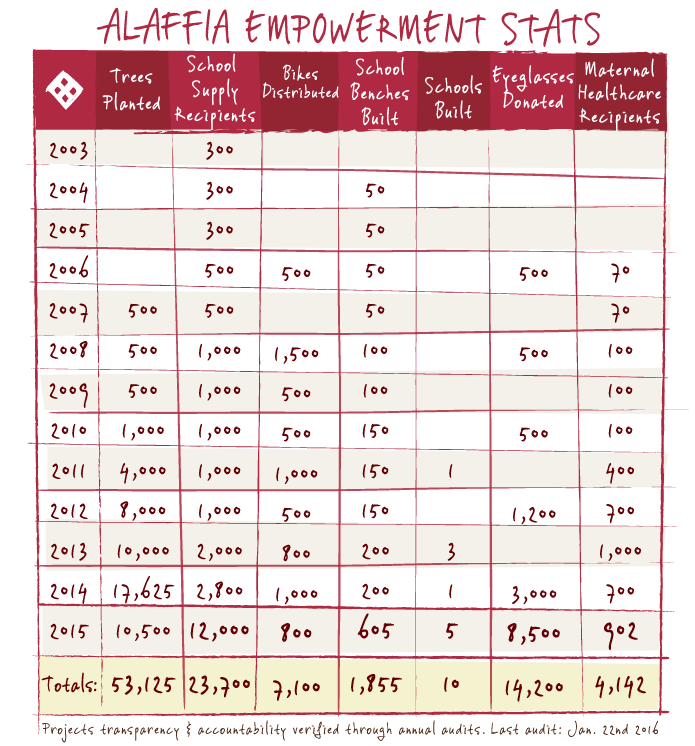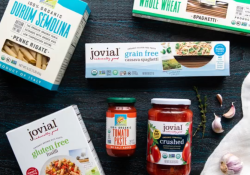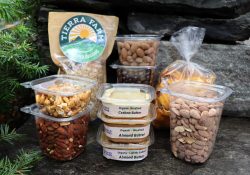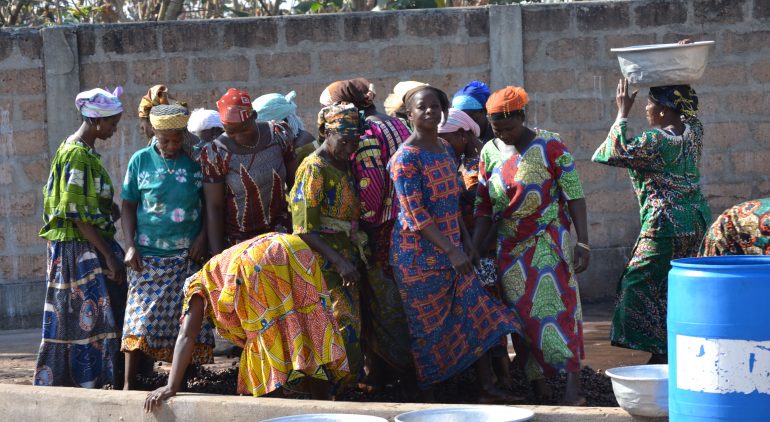
Spotlight on Alaffia
We’re casting our Co-op Spotlight on Alaffia and alll of their Fair Trade Certified, Co-op-made body care products are 20% off for member-owners from July 20th – 26th! Many Alaffia products are already featured in our Co-op Basics program, so this Member Deals discount will be in addition to the everyday low price on those items! It’s a great time to stock up and save! Read on to learn more about Alaffia and their efforts to alleviate poverty and empower communities in West Africa through the fair trade of shea butter, coconut, and other indigenous resources:
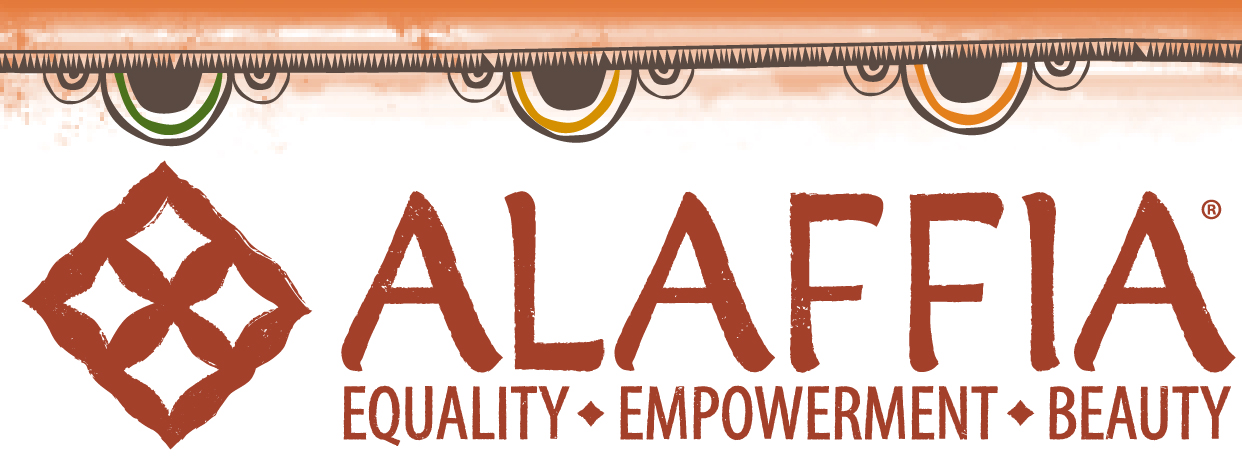
Alaffia was founded in 2004 with Fair Trade as the fundamental foundation of their organization, which is comprised of the Alaffia Village in Sokodé, Togo; the Alaffia Coconut Cooperative in Klouvi-Donnou, Togo; and the Alaffia headquarters in Olympia, Washington. Their cooperatives handcraft indigenous raw ingredients , and the Alaffia team in Olympia creates the finished products. Proceeds from the sales of these products are then returned to communities in Togo, West Africa, to fund community empowerment and gender equality projects.
What impact have your Alaffia purchases had in these communities thus far?
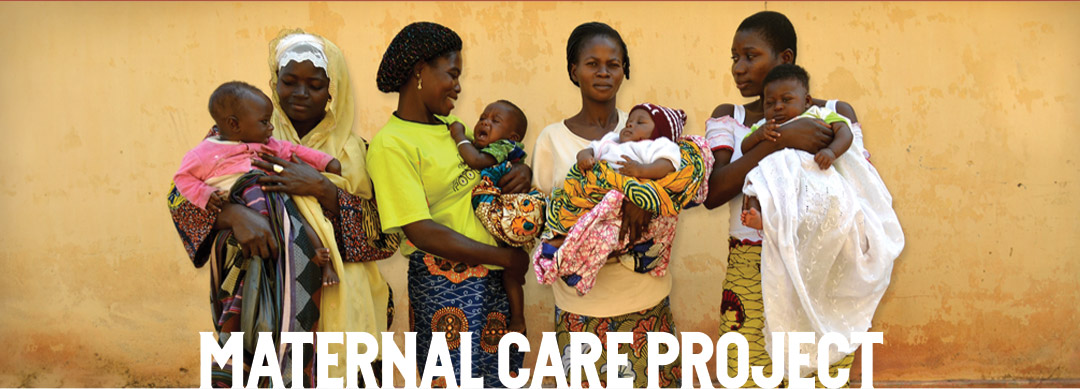
Each year in West Africa, 160,000 women die due to complications during pregnancy and childbirth. Over her lifetime, an African woman has a 1 in 32 chance of dying in pregnancy or childbirth, compared to 1 in 2,400 in Europe (UNICEF, 2012). There are several reasons for the high maternal mortality rates in sub-Saharan Africa, including extreme poverty and inadequate infrastructure. The Alaffia Maternal Health Project follows the World Health Organization’s recommendations for reducing maternal mortality rates both directly, through providing funds for pre- and post-delivery care, and indirectly, through the Alaffia Women’s Clinic Project, which provides training and information for women’s health issues including nutrition, prevention of genital mutilation practices, and more. Alaffia product sales have funded the birth of over 4,142 babies in rural Togolese communities through the Togo Health Clinic System.
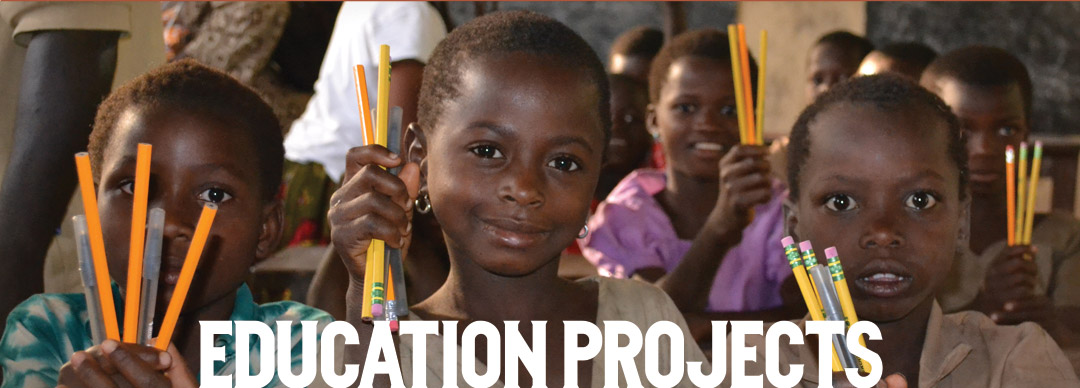
The future of African communities depends on the education and empowerment of young people. Since Alaffia founded their shea butter cooperative in 2003, they’ve provided school uniforms, books, and writing supplies to children in Togolese communities to offset the financial burden these items have on poor families. They also donate desks and install new roofs on schools to make learning a more enjoyable experience. Since 2011, Alaffia product sales have funded the construction of ten schools throughout Togo and provided school supplies to 23,700 recipients. They now partner with retail stores to collect school supplies – if you would like to help collect pens and pencils for this project, please contact Alaffia at 1-800-664-8005.
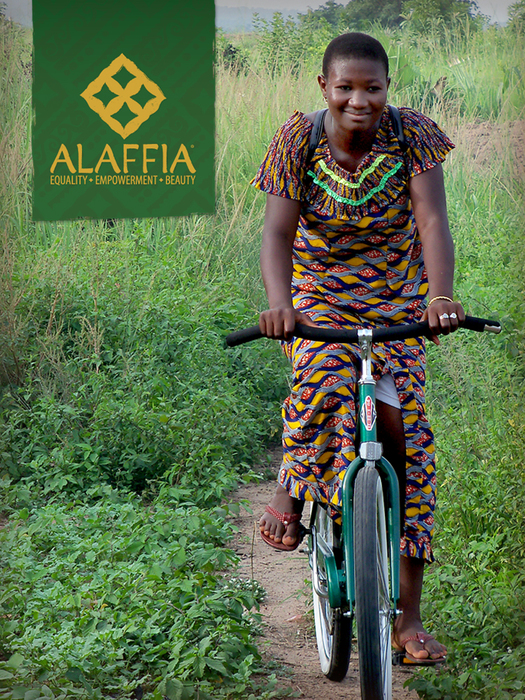
In rural areas of Togo, students walk up to 10 miles a day to attend school. There are no buses, and families cannot afford private transportation. As a result, school becomes very time-consuming, and most students decide to quit school in order to fulfill their family obligations. In rural areas, less than 10% of high school-aged girls and only 16% of boys attend school (UNICEF). In 2004, Alaffia began collecting and sending used bicycles to Togolese students to encourage them to stay in and complete school through their Bicycles for Education Project. Now, with over 7,100 bicycles sent and distributed, they are seeing a real impact on exam scores and retention in rural schools. 95% of Bicycles For Education recipients graduate secondary school.
They collect used bicycles in and around their communities in Washington and Oregon, with the help of their retailers, volunteers, and Alaffia staff. All costs of this project – from collecting, repairing, and shipping bicycles, to customs duties, distribution costs, ongoing maintenance, and follow-up – are paid for through the sales of Alaffia products. This project brings communities in the US and Togo together. Bicycles that would otherwise be destined for the landfill are encouraging students in Togo to stay in school so they can lead their communities out of poverty. To find out how you can be involved, visit alaffia.com or email communications@alaffia.com
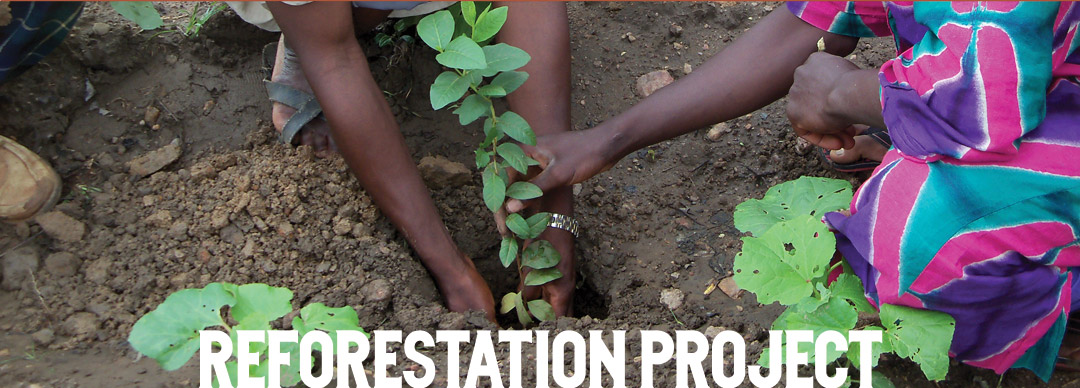
Deforestation and climate change have had a devastating impact on West African farming communities. Alaffia product sales have funded the planting of 53,125 trees by Togolese farmers to help mitigate erosion and improve food security for their families. They also conduct trainings to discourage the cutting of shea trees for firewood and charcoal to preserve this important indigenous resource for future generations. Through their Alternative Fuels Project, they investigate sustainable fuel alternatives, such as bio-gas and bio-oils, to reduce the demand for wood and charcoal.
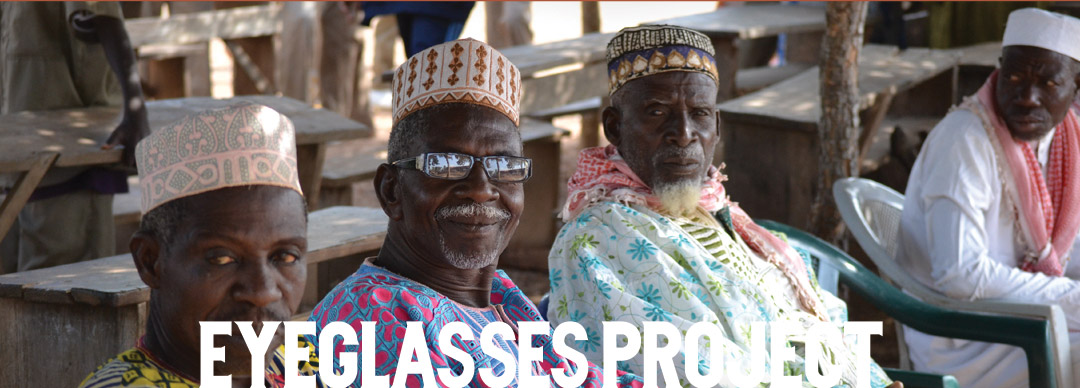
n Togo, it is extremely difficult for visually impaired people to obtain eyeglasses. An eye exam costs as much as one month’s wage and a pair of eyeglasses can cost up to four months of wages. Through their Eyeglasses Project, Alaffia collects used eyeglasses at retailer locations throughout the US and employs an optometrist in Togo to correctly fit and distribute the glasses. A pair of eyeglasses is life-changing for a child struggling in school, the elderly with failing vision, and adults who have never been able to see clearly. To date, Alaffia has collected and distributed over 14,200 pairs of glasses.
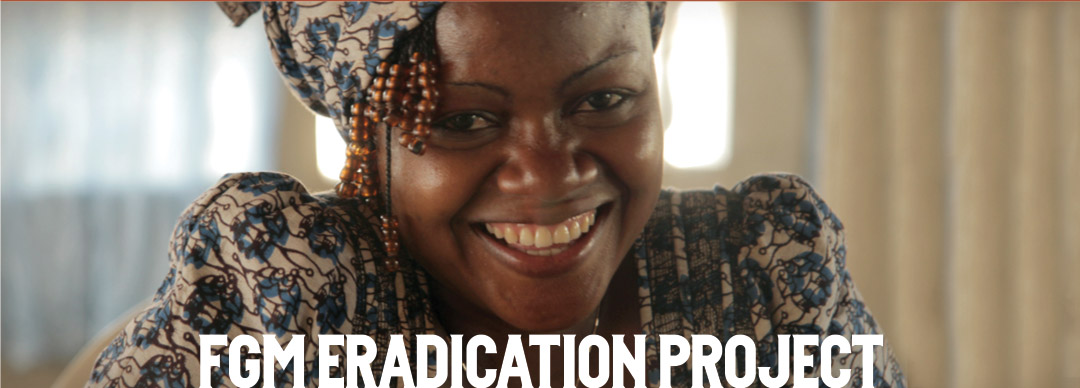
As part of their Maternal Health Initiatives, Alaffia aims to educate women about the dangers of Female Genital Mutilation (FGM), or excision. FGM includes procedures that intentionally alter or cause injury to the female genital organs for non-medical reasons and is recognized internationally as a violation of the human rights of girls and women. The procedure can result in severe bleeding, infections, life-threatening complications in childbirth, and increased risk of newborn deaths (World Health Organization).
Abidé Awesso is the Maternal Health & FGM Eradication Coordinator in the Bassar region of Togo and has been working with Alaffia since 2012. Hodalo Katakouna was one of Abidé’s first patients and one of the first women to be supported as part of our Maternal Health and FGM Eradication project. Click here to read Abidé’s account of Hodalo’s story.
